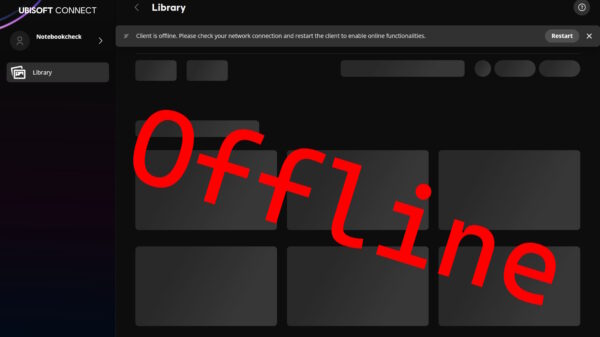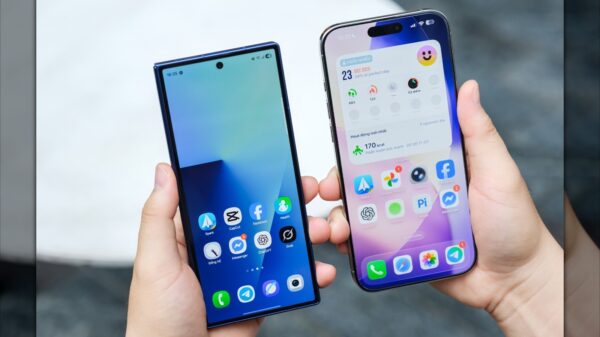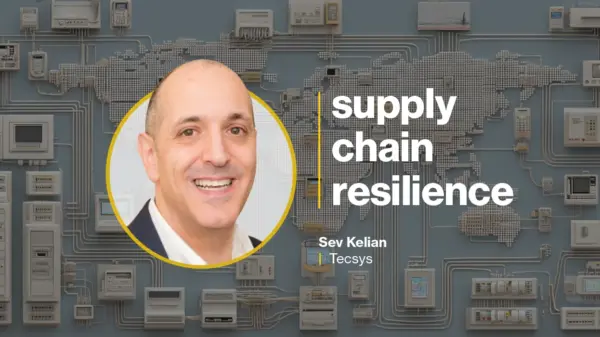The trend of digital detoxing is becoming increasingly prominent as wellness experts and researchers emphasize its significant health advantages. Recent studies have shown that even modest reductions in daily digital engagement can lead to improvements in mental health, including alleviating symptoms of depression, enhancing sleep quality, and lowering cortisol levels.
Research published by BMC highlights a three-week analysis involving 125 students who participated in a digital detox program. The findings indicate that participants experienced notable improvements in depressive symptoms, stress levels, sleep quality, and overall well-being. Researchers have noted that the benefits of reduced screen time are becoming clearer, with a consistent link emerging between less digital engagement and enhanced wellness.
Research Highlights the Health Benefits
The study conducted by BMC involved participants who limited their screen time, leading to a significant reduction in symptoms typically associated with mental health issues. By the end of the three-week trial, students reported improved emotional health and better quality of sleep. This aligns with findings from the University of Applied Sciences, where research supports the notion that decreasing screen time can foster better mental health outcomes.
As digital devices increasingly dominate daily life, the importance of understanding their impact on mental health has grown. The BMC study reveals that once the digital detox period concluded and participants returned to their usual screen habits, initial improvements in mental health began to reverse. This suggests that long-term screen time management may be essential for maintaining positive mental health outcomes.
Growing Awareness and Practical Tips
The rise of digital detoxing reflects a broader cultural shift towards well-being and mindfulness. Wellness experts advocate for strategies that encourage individuals to take regular breaks from digital devices, thereby reducing stress and promoting a healthier lifestyle. Simple practices, such as setting specific times for device-free activities or engaging in outdoor pursuits, are being recommended to help individuals reconnect with their surroundings and themselves.
With mental health issues on the rise globally, especially among younger populations, the call for digital detoxing is becoming more urgent. The BMC study’s findings underscore the importance of addressing the psychological repercussions of excessive screen time.
In conclusion, the growing trend of digital detoxing is supported by emerging research that underscores its health benefits. As more individuals become aware of the adverse effects of constant digital engagement, the push for screen time moderation is likely to gain further traction in wellness communities worldwide. Engaging with this trend could lead to improved mental health and overall well-being, marking a significant step towards healthier living in the digital age.






































































